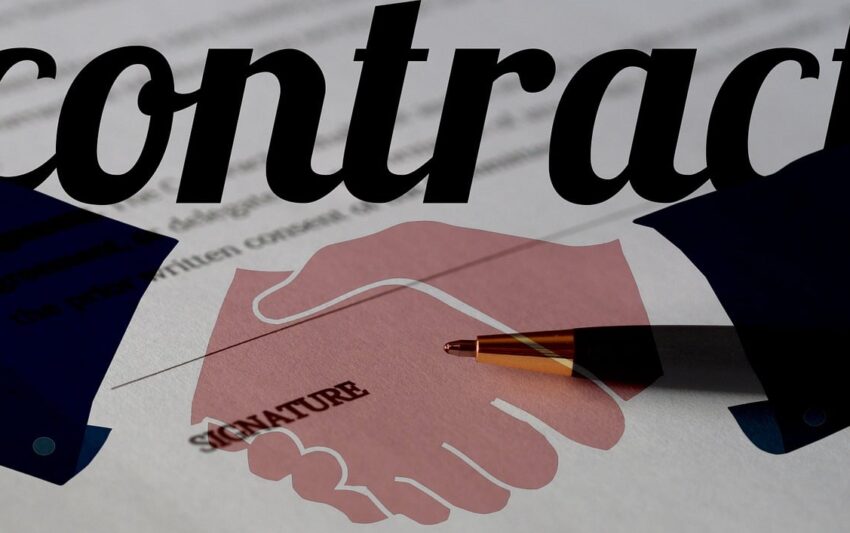
Contract mediation is a method adopted by the contracting parties. In this process, the contract involves a third party as a mediator. The mediator helps the contracting parties reach a happy solution to the contract dispute that is agreeable to them. Here, the one notable thing is that the mediator does not take any decision or favor of a particular party. A mediator plays a significant role in the resolution of a contract dispute. This article discusses the five most important tips that should be determined while preparing for mediation for a contract dispute. So please stay tuned and read below:
Five helpful tips for the preparation of mediation for contract disputes
Litigation in a contract dispute is not a good sign for the contracting parties. It is also costly in terms of money. In real-time, during business operations, the parties must enter into various types of contracts. The contract is a legally binding document prepared between two or more parties in the terms of exchanges of certain obligations. The parties put all things and terms in written form, which can help them understand their legal rights and duties related to the agreement. However, there are many events in the contract-related disputes between the parties. At that time, using mediation is the right choice for alternative dispute resolution. It will help the parties to resolve their dispute via negotiation and communication. Here are some tips that make it more efficient and effective to resolve contract disputes the why of Contract mediation that are given below;
(1) Gathering information and Preparing documents:
It is the first step you need to take while entering the mediation. You need to gather all information and relevant documents directly related to the contract dispute, such as a copy of an agreement, emails, invoices, receipts, etc. After collecting all relevant information, manage them in an organized way so they are easily accessible when required.
(2) Define the material issues in the contract disputes:
It is also a significant step, which is involved in the contract mediation dispute to define the material issues that affect the contract. The most common part of contract disputes starts with the allegations of the breach of the whole contract or some of the terms by one or more parties. Identifying actual issues enables the expression of allegations to the mediator and the contracting parties. As a result, Mediation can resolve some or all the disputes that occur between the parties.
(3) Define the goals:
Meditation is a process to resolve the contract disputes outside the court. It helps the contract’s parties reduce risks and litigation costs and can settle all disputes with happy endings. But, before you start your role as a mediator, defining a goal must be required. So that you can shape the strategy and start communicating with the contracting parties.
(4) Identify the points of familiar interest in the way of compromise:
A mediator cannot decide the decision of the dispute. Held through mediation, the parties hold final control of the outcome. In contrast, if the parties enter into litigation for the same dispute, the whole control might depend on a decision maker. Mediation is a way to end the dispute via a third party to an agreeable outcome as a compromise. All those things will happen when a mediator identifies the common interest between the parties.
(5) Provide professional guidance and support:
As a mediator, you should provide professional guidance and support to the parties to reach common interests and ways of compromise. That thing will help them resolve the dispute efficiently. Sometimes, during the mediation process, the party cannot understand some technical issue that may be beneficial to them at that time, but the mediator can assist and provide proper guidance.
Know the difference between mediation and arbitration:
Words mediation and arbitration are often used in terms of ways of settlement when contract disputes are raised between the parties. These all look like the same meaning, but there are some differences between them, which are given below;
Mediation:
Through the mediation, the parties can appoint an independent mediator, which may be an individual or licensed firm. The mediator plays a significant role in resolving the dispute between the parties. They hear the actual issues from both sides, find common interests between the parties, and offer mutually beneficial and acceptable. Thus, mediation is a good idea to resolve the dispute with mutual understanding, saving the cost and time of compromise.
Arbitration:
The arbitration process looks like mediation, but there is some thin difference. An arbitrator performs the same role that a mediator performs in the mediation process. However, in the arbitration process, an arbitrator has the power to make a final decision on behalf of his client.




